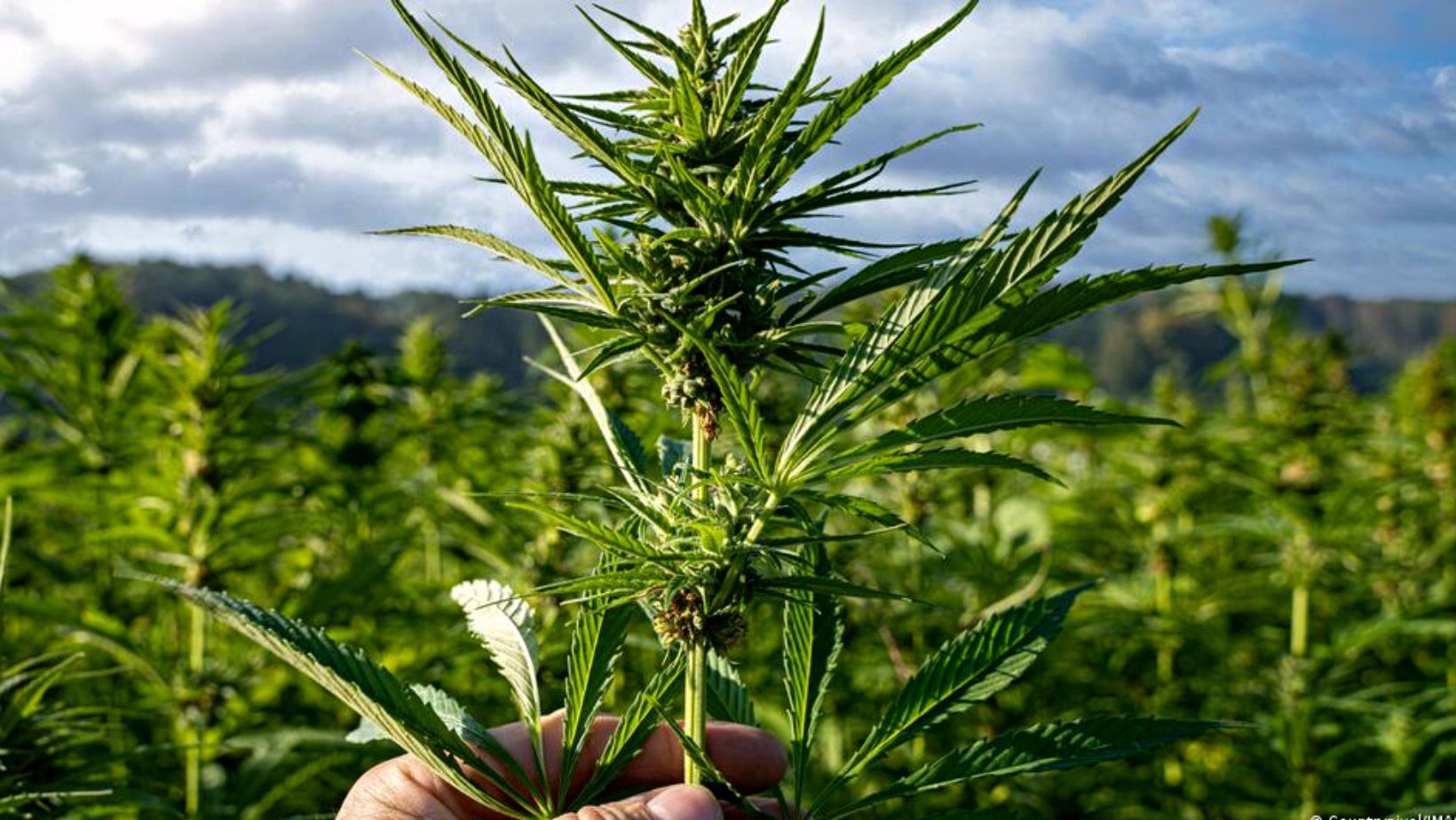The Czech Republic is on the way to legalizing adult-use cannabis, and it aims to coordinate with Germany to share information and the best practices to regulate the legal industry.
Following Germany’s announcement to legalize cannabis, the Czech Republic has just started to embark on the journey toward cannabis legalization, aiming to harmonize its legislation with Berlin.
The Czech coalition government is drafting a bill to regulate the industry, which is expected to be presented in March 2023, while full legalization may be entered into effect by January 2024
In September, the government commissioned drug commissioner Jindřich Vobořil to draft a law to legalize adult-use cannabis.
Vobořil announced that Czech officials are in contact with the German government to coordinate and consult each other over their proposals.
“We are in contact with our German colleagues, and we have repeatedly confirmed that we want to coordinate by consulting each other on our proposals,” he said in a Facebook post.
The Czech Republic is considered one of the most liberal countries regarding cannabis legislation.
Although its recreational use is still illegal, it decriminalized cannabis possession for personal use in 2010 and legalized medical cannabis in 2013.
In addition, the Czech Republic is one of the few European countries that cultivate hemp with a THC content of up to 1% for industrial purposes. In comparison, other EU member state legislations have set the limit to about 0.2%, although the European Union recently decided to increase the THC level from 0.2% to 0.3% for authorized hemp crops used for industrial purposes.
Hence, the regulation of the recreational market appears to be a natural path to follow for a country in which about 30% of the adults have tried cannabis, and 8% to 9% use it regularly, according to the Addiction Report released in August by the National Monitoring Center on Drugs and Addiction (NMS).
Despite the decriminalization for personal use, the illegal market still thrives because no legal production has been established, and the supply chain lacks quality control and control of sales to young people under 18.
Some experts believe that legalization has the potential to generate significant revenues from cannabis consumption taxation, taking into consideration that there are about 800,000 active cannabis users in the country.
According to the Czech Pirate Party, the smallest political group inside the government coalition and one of the most prominent cannabis advocates in the country, cannabis products could generate about €800 million in tax revenue annually.
Furthermore, the government’s National Economic Council (NERV) suggests that regulating the legal cannabis industry would help the Czech Republic to fight high public budget deficits.
In an interview with a local news media outlet, Vobořil said that cannabis would be sold in selected pharmacies upon a license’s authorization and likely in licensed dispensaries.
Furthermore, municipalities should have the opportunity to decide whether allow or ban cannabis stores.
Vobořil also wishes to start a trade partnership with Germany to supply each other, although Berlin’s plan to legalize adult-use cannabis would exclude imports of cannabis products.
Support Prague Morning!
We are proud to provide our readers from around the world with independent, and unbiased news for free.
Our dedicated team supports the local community, foreign residents and visitors of all nationalities through our website, social media and newsletter.
We appreciate that not everyone can afford to pay for our services but if you are able to, we ask you to support Prague Morning by making a contribution – no matter how small 🙂 .




